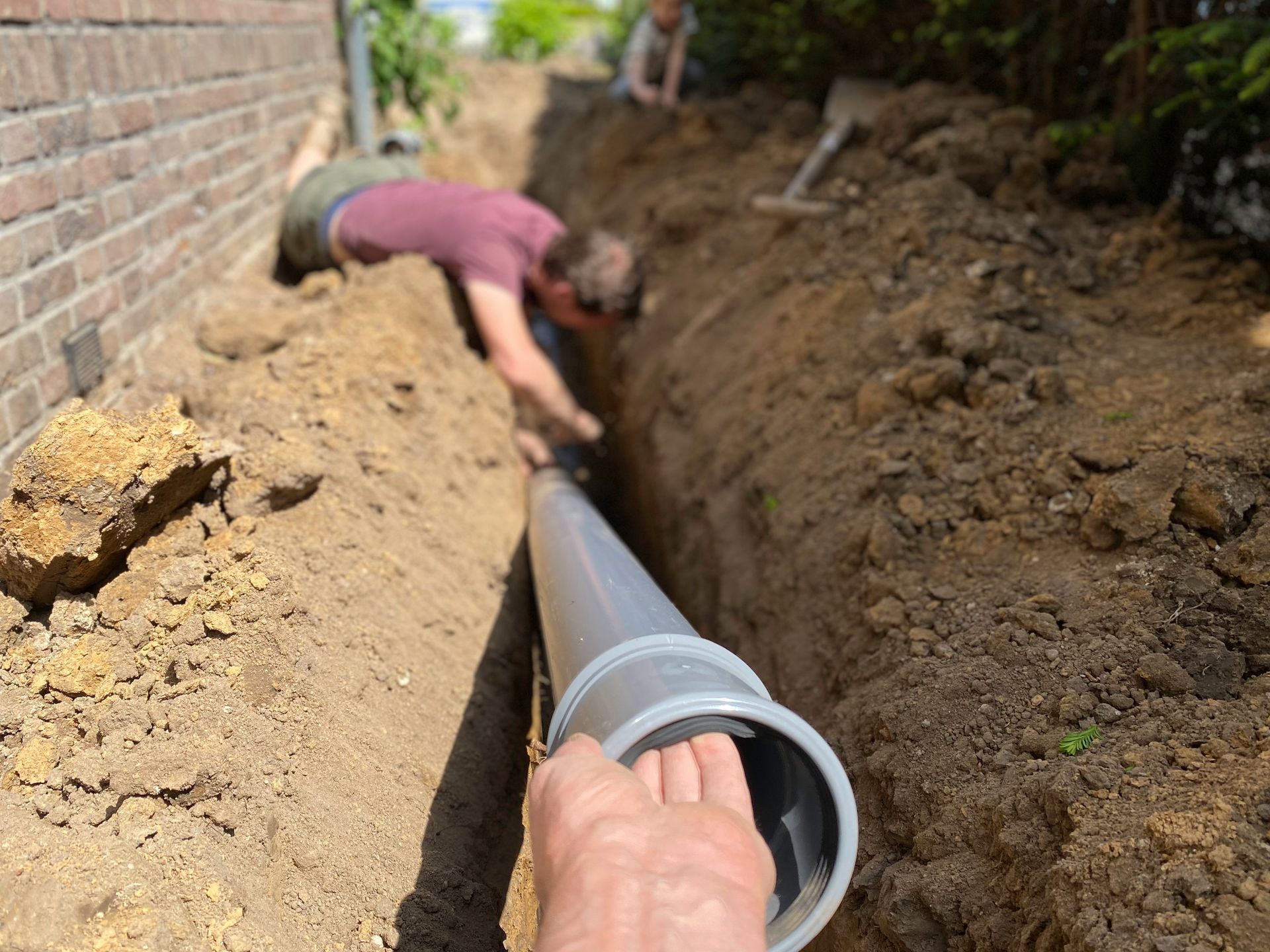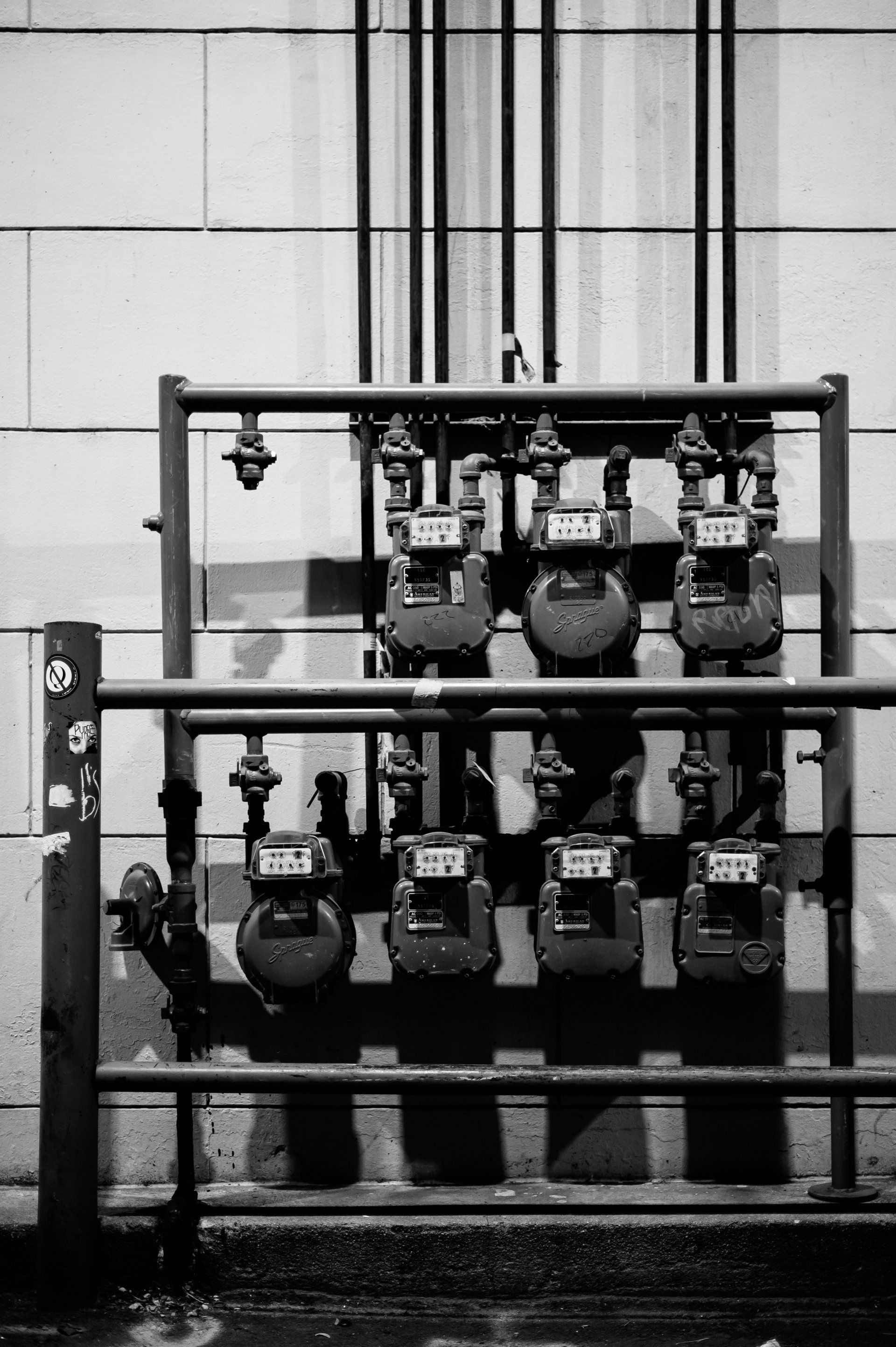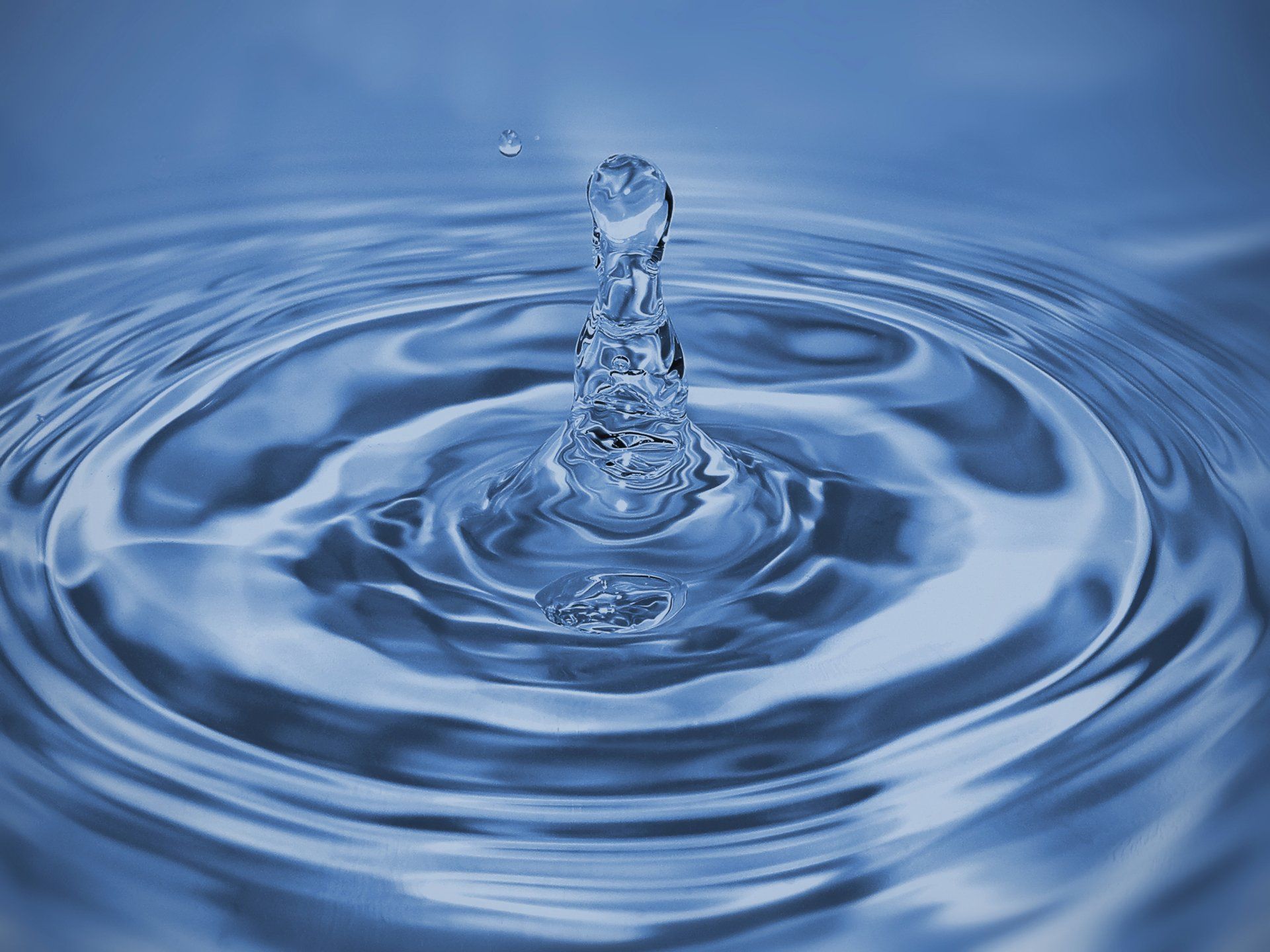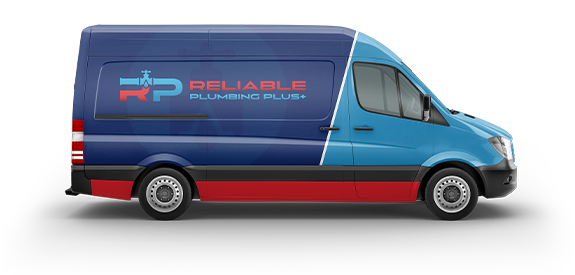Causes of Clogged Drains and How to Prevent Them
Banishing Stubborn Clogs with Simple Solutions
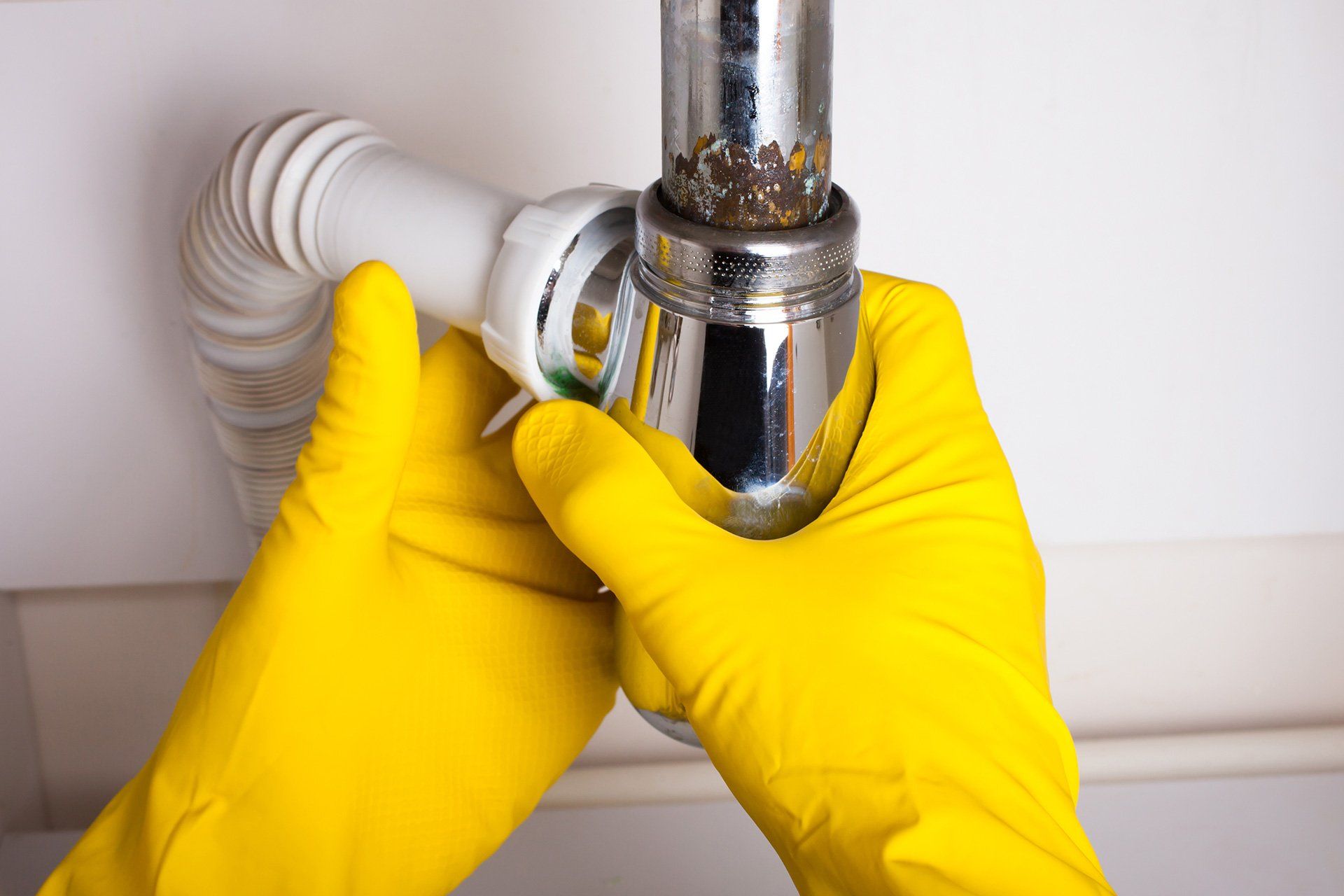
Clogged drains are a common household hassle, causing inconvenience and potentially wreaking havoc on your plumbing. Understanding the everyday culprits behind these blockages and learning how to fend them off can save you time, money, and a world of frustration. In this blog post, we've got some pro tips and practical advice to keep your drains flowing freely. Reliable Plumbing Plus LLC is here to help you maintain that blissful, clog-free plumbing system.
In the Kitchen: Bid Farewell to Fats and Oils
One of the main culprits lurking behind clogged kitchen drains is the improper disposal of fats, oils, and grease (FOG). As time goes by, these substances morph into sticky residues that snare food particles and debris. The key to avoiding clogs? Keep FOG away from the drain. Let them cool, then toss them into a sealed container for the trash. Regularly give your drain stoppers some TLC, and don't forget to employ a trusty strainer to nab those sneaky food particles.
In the Bathroom: Combat Hair Buildup
Hair holds the crown for the most common cause of bathroom drain blockages. Keep this hairy situation under control with a drain strainer or hair catcher in your shower or tub. And, don't neglect your drain stoppers – give them a regular cleanup to say goodbye to accumulated hair. When slow drainage rears its head, a plumbing snake or a bent wire hanger can be your allies in hair clog removal.
Toilet Talk: Watch What You Flush
Toilet drains can go south swiftly if unsuitable items take the plunge. Educate your household on the dos and don'ts of flushing. Keep clear of items like cotton balls, wipes, feminine hygiene products, or an excessive wad of toilet paper. Opt for the wastebasket to retire these items.
Outdoor Drains: Keep Debris at Bay
Outdoor drains, such as those in your gutters or yard, can easily get clogged with leaves, twigs, and other outdoor debris. Stay on top of your game by clearing those gutters regularly and banishing any lurking debris from the vicinity of outdoor drains. Consider reinforcing your defense with a trusty leaf guard to stop debris from infiltrating your drain system.
Preventive Care: Routine Drain Cleaning
To stave off stubborn clogs and ensure a robust plumbing system, make regular drain cleaning a top priority. Seasoned professionals like Reliable Plumbing Plus LLC offer top-notch drain cleaning services, wielding advanced techniques like hydro jetting. This process works wonders in clearing the pipe of accumulated debris, grease, and mineral buildup, ensuring optimal water flow.
With these expert tips in your arsenal, you'll be slashing the risk of clogged drains in your home. So remember, say no to improper FOG disposal, employ drain strainers and hair catchers, educate your household on proper toilet use, and maintain debris-free outdoor drains. And for that extra layer of protection, trust the pros at Reliable Plumbing Plus LLC to keep your plumbing system in tip-top shape.
At Reliable Plumbing Plus LLC, we're on a mission to keep your plumbing system clog-free, so you can enjoy life with peace of mind.
You might also like
Reliable Plumbing Plus Expert Tips
